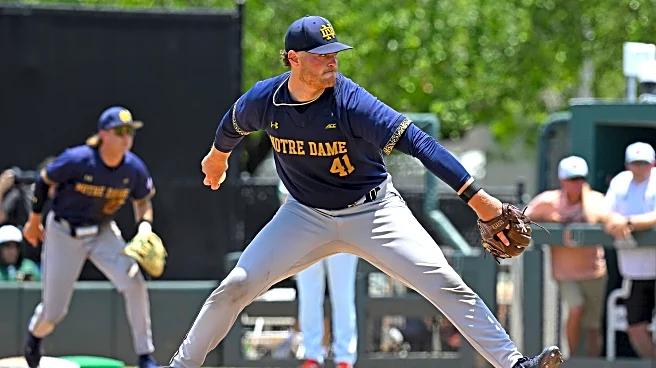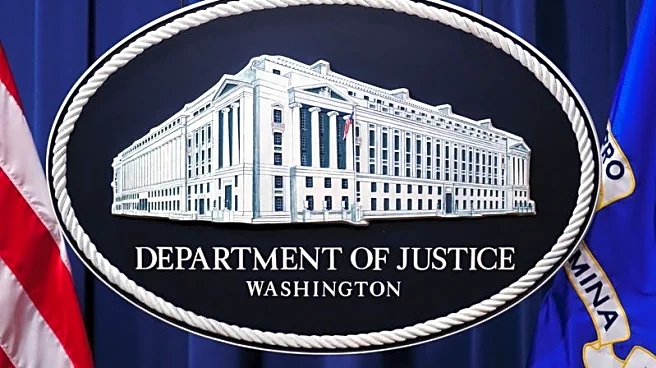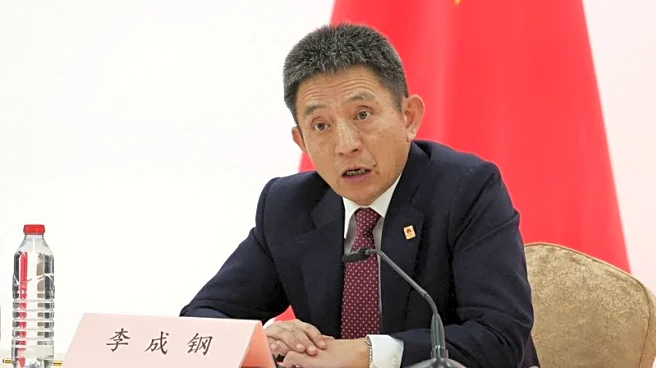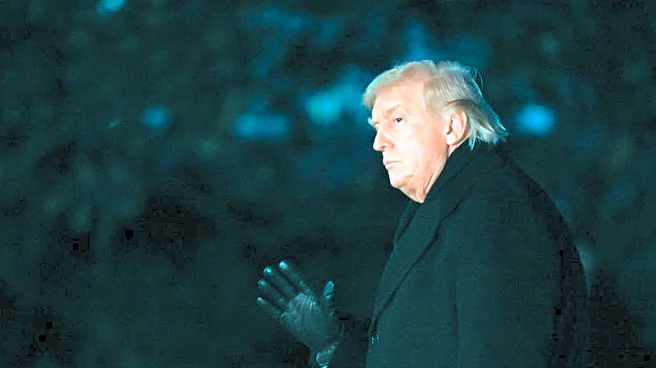Rapid Read • 8 min read
FIFA is introducing a new human rights strategy for the 2026 World Cup, set to be hosted in North America, including 11 sites in the U.S. This initiative requires host committees to develop action plans to safeguard human rights during the event. Despite the framework's unprecedented nature, advocates express concerns over its effectiveness, citing a lack of enforceable standards and clear directives. Jennifer Li from Georgetown Law highlights the framework's potential but notes it is not self-executing. Some U.S. host committees have missed initial deadlines for drafting their plans, although FIFA assures that final plans will be ready by August 29. The strategy includes guidelines on nondiscrimination, security, and workers' rights, particularly for migrant workers. However, local tensions are rising due to President Trump's immigration policies, which could impact workers and travelers during the games.
AD
The implementation of FIFA's human rights strategy is significant as it addresses longstanding concerns about human rights violations associated with major sporting events. The strategy aims to protect vulnerable groups, including migrant workers, who have historically faced exploitation during such events. The initiative could set a precedent for future sports events, promoting human rights globally. However, the skepticism from advocates highlights the challenges in ensuring effective implementation. The strategy's success or failure could influence public perception of FIFA and impact its reputation. Additionally, the intersection with U.S. immigration policies under President Trump adds complexity, potentially affecting the safety and rights of workers and attendees.
FIFA and local host committees are expected to finalize their human rights action plans by August 29. The effectiveness of these plans will be closely monitored by human rights organizations and local advocacy groups. As the World Cup approaches, there may be increased scrutiny on how these plans are implemented and enforced. Potential protests and advocacy efforts could arise, particularly in response to immigration enforcement actions during the event. FIFA's collaboration with the White House task force will be crucial in addressing these concerns and ensuring a successful tournament.
The broader implications of FIFA's human rights strategy extend beyond the 2026 World Cup. It could influence how international sports organizations approach human rights in future events, potentially leading to more robust frameworks. The strategy also highlights the ethical responsibility of sports bodies to address social issues, such as poverty and discrimination. The focus on human rights may encourage other sectors to adopt similar measures, promoting a culture of accountability and respect for human rights.
AD
More Stories You Might Enjoy












